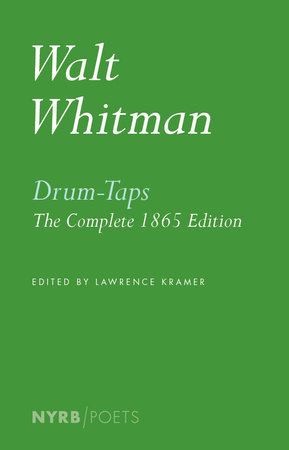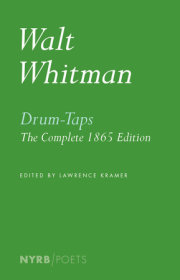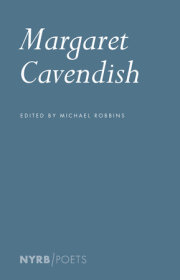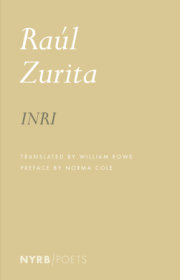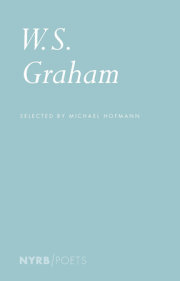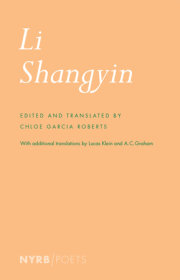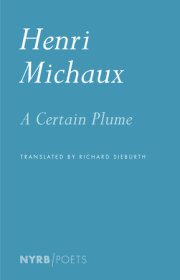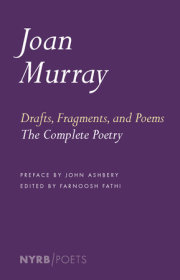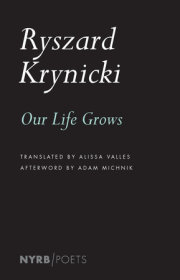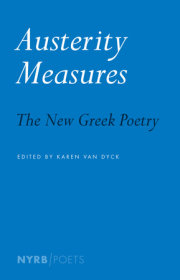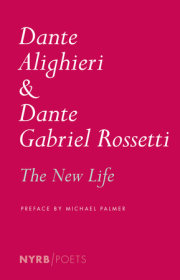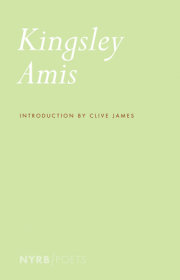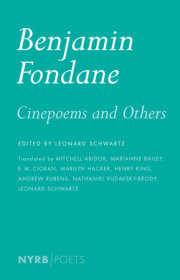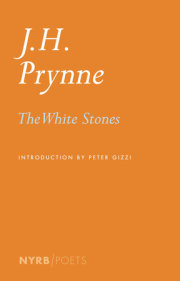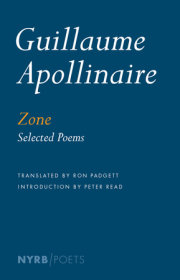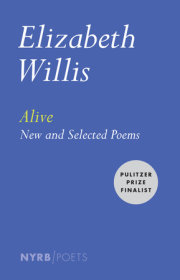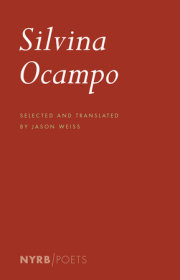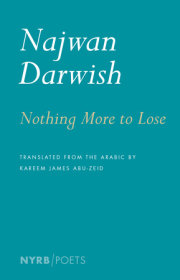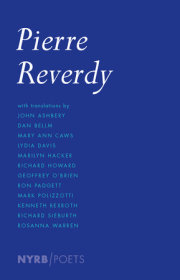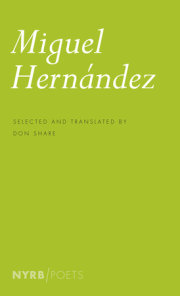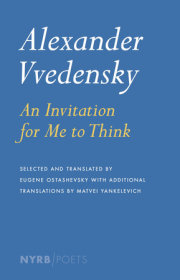"Incredible as it seems, this is the first new edition—indeed, the first reprinting—of one of the most
important books about one of the most important eras by one of the most important authors in American history....the adhesive love of comrades, North and South, is the dominant note of these poems’ melody as they mourn the fallen and project the triumph of democracy in America and universally, characteristically in cascades of brilliant, full-color imagery such as none of Whitman’s disciples has ever equaled." —Booklist
“Elegantly edited… the resurfacing of Drum-Taps for the first time in a century and a half serves as a timely reminder that Whitman was not so much reveling in the carnage of a country divided – a charge leveled at him in recent years – as hoping that, in his poetry, readers would find the moral resources for what needed to come next: national reconstruction, in the most profound sense… the book’s republication for the first time in 150 years is an invitation to recognize anew that the America he sang about remains, for better and for worse, our own.” —Richard Kreitner, The Boston Globe
“The collection now published in its entirety is indispensable…the poems of Drum-Taps reveal a Whitman driven by a new formal intensity, one met, too, by a perhaps more permeable self both stretched and pressurized by his consolatory experience of the war….we can almost hear the sound of the poems in his head.” —Jonathan Sturgeon, FlavorWire
“Drum-Taps delivers my ambition of the task that has haunted me, namely, to express in a poem…the pending action of this Time & Land we swim in, with all their large conflicting fluctuations of despair & hope, the shiftings, masses, & the whirl & deafening din…& then an undertone of sweetest comradeship and human love, threading its steady thread inside the chaos…” —Walt Whitman, letter to William D. O’Connor, January 6, 1865

